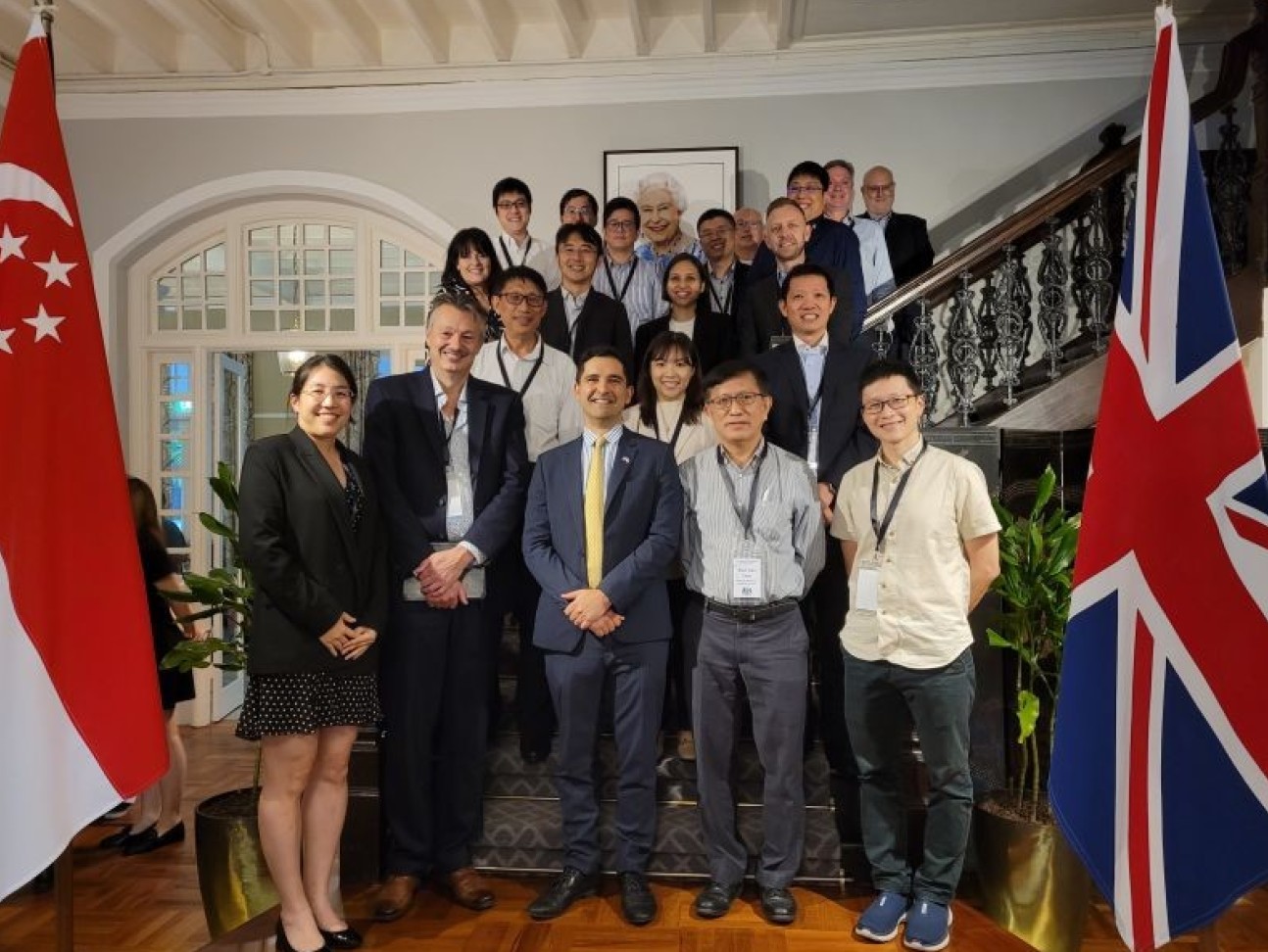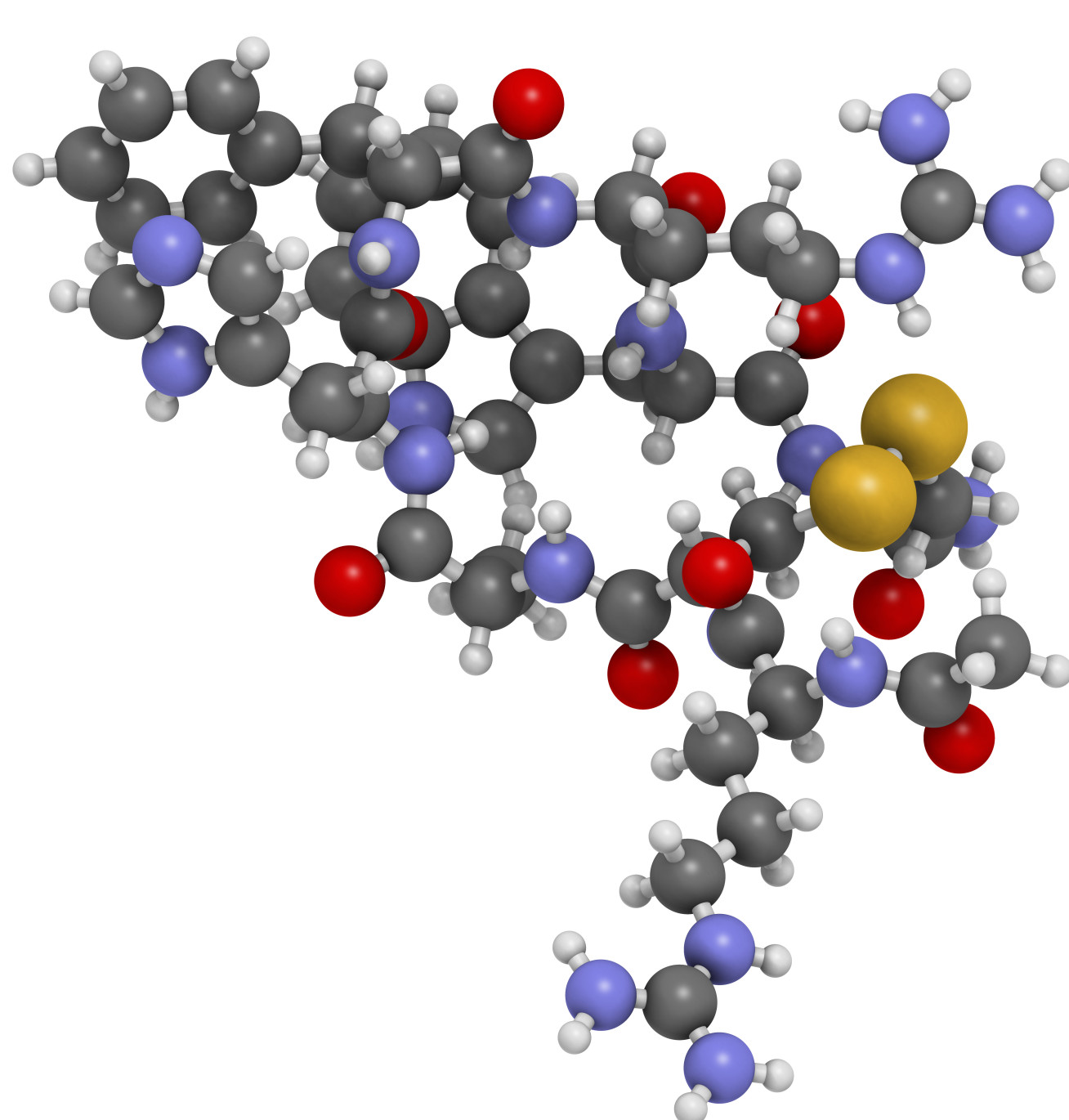Improving TB detection and Singapore green energy: News from the College

Here’s a batch of fresh news and announcements from across Imperial.
From improving TB detection with algorithms, to Imperial academics sharing expertise for Singapore’s green energy transition, here is some quick-read news from across the College.
Improving TB detection with algorithms
 An international group of experts have developed an evidence-based algorithm that will make detecting TB (tuberculosis) in the lungs of children easier in resource-limited settings.
An international group of experts have developed an evidence-based algorithm that will make detecting TB (tuberculosis) in the lungs of children easier in resource-limited settings.
Tuberculosis is a leading cause of mortality in children worldwide, but diagnosis can be challenging as sample collection from children can be invasive and requires a high amount of resource. Algorithms which can use information about children's symptoms, findings on examination and chest x-ray to produce a risk score can help health workers make better treatment decisions for their patients.
The study used data from nearly 5,000 children who have been evaluated for tuberculosis to develop an algorithm to assist tuberculosis treatment decision-making for children younger than ten years old.
The findings have led to new interim WHO recommendations to support the use of algorithms to assess children with potential tuberculosis in the 2022 guidelines on the management of tuberculosis in children.
Dr James Seddon, from the Department of Infectious Disease said: “Nearly a quarter of a million children die of TB each year and almost all these children die because they are not being diagnosed.
“Currently in most countries, children need to be referred to specialist hospitals for experts to decide whether to start a child on TB treatment and this means that most children get missed. Our hope is that these new treatment decision algorithms will empower health workers at lower levels of care to evaluate children with possible TB and start treatment on those most at risk.”
Read the full paper in The Lancet Child and Adolescent Health.
Singapore: Green energy transition
 Imperial academics and the British High Commission Singapore organised a green energy transition roundtable in Singapore to discuss decarbonisation in shipping.
Imperial academics and the British High Commission Singapore organised a green energy transition roundtable in Singapore to discuss decarbonisation in shipping.
Experts from across government, industry and academia shared their insights around hydrogen fuel cell adoption in the maritime industry, which is a large emitter of CO2 emissions.
Speaking at the GreET (Green Energy Transition) and Meet Roundtable, Dean of Imperial’s Faculty of Engineering, Professor Nigel Brandon, said: “The maritime sector today accounts for around three per cent of global CO2 emissions. There are opportunities for smaller craft to go fully electric, such as ferries, tugs and hovercraft, but the amount of energy that can be stored in battery technology means that this is not a credible option for the large ocean-going vessels. If the electricity cannot be used directly then the next easiest thing to make is green hydrogen by electrolysis of water.”
Obesity gene variants

Scientists studying a gene that can cause early-onset obesity have shared insights into how different mutations affect the risk of developing the condition.
Researchers from France and the UK, including scientists from Imperial’s Department of Metabolism, Digestion and Reproduction, have assessed the impact of variants of the PCSK1 gene on obesity risk. PCSK1 has previously been linked to a rare genetic form of obesity, which can be treated with the drug setmelanotide.
Laboratory experiments suggest that only people with obesity who carry complete loss-of-function heterozygous PCSK1 variants should be considered for future treatment with setmelanotide. The research team also found that tests performed by a computer were unable to accurately detect these variants, suggesting that laboratory tests are needed to determine the best treatment for patients.
Professor Philippe Froguel, co-author for the study, said: “This study advocates for performing systematic in vitro analyses following genetic diagnosis before considering personalised medicine, implying a new generation of medical genetics laboratories.”
Read the full study in The Lancet Diabetes & Endocrinology.
–
Want to be kept up to date on news at Imperial?
Sign up for our free quick-read daily e-newsletter, Imperial Today.
Article text (excluding photos or graphics) © Imperial College London.
Photos and graphics subject to third party copyright used with permission or © Imperial College London.
Reporter
Ellie Cawthera
Communications Division
Stephen Johns
Communications Division
Meesha Patel
Faculty of Medicine Centre
Conrad Duncan
Communications Division